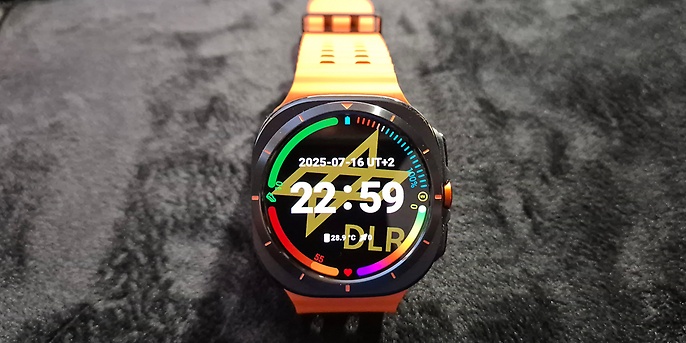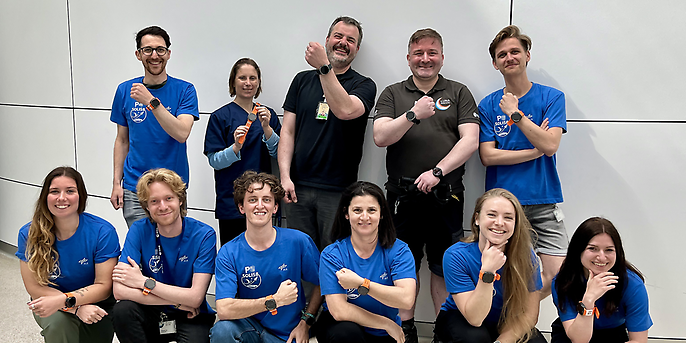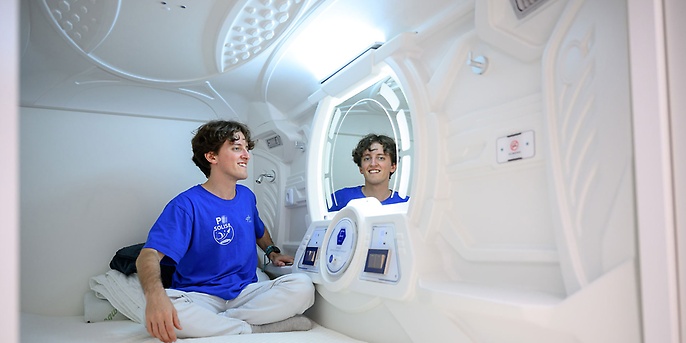From space missions to analogue missions to simulate space conditions or periods spent at polar stations, in extreme situations people live isolated from the outside world for weeks or months. Under such conditions, medical supervision is very important for the crew and the entire mission. Critically, direct medical care and access to local medical care facilities may only be available to a limited extent. Systems for health monitoring must therefore not only be reliable and safe, but also easy and reliable to operate by people who are not medical professionals.
Modern medical devices do not always meet these criteria. Although they provide high-quality data, they sometimes require complex wiring, correct placement of electrodes and expert interpretation of the information. In an isolated environment, it would be beneficial to have easy-to-use devices that record various health monitoring parameters. These devices and their data should be operable and interpretable by non-medical professionals. If possible, the health parameters should also be accessible by external medical personnel at any time.
Samsung smartwatches offer new perspectives
As a result, modern wearable systems such as smartwatches and other wearables offer a promising tool for health monitoring under isolation conditions to ensure accurate collection and transmission of medical data. Fitness watches for health monitoring enable everyday, continuous recording of vital parameters such as heart rate, activity level and sleep duration. They offer the benefit of a compact design, no wiring and easy operation. However, commercial wearables are usually tied to a particular manufacturer, so access to raw data and algorithms is limited. This makes scientific validation and comparison with established medical standards more difficult.




